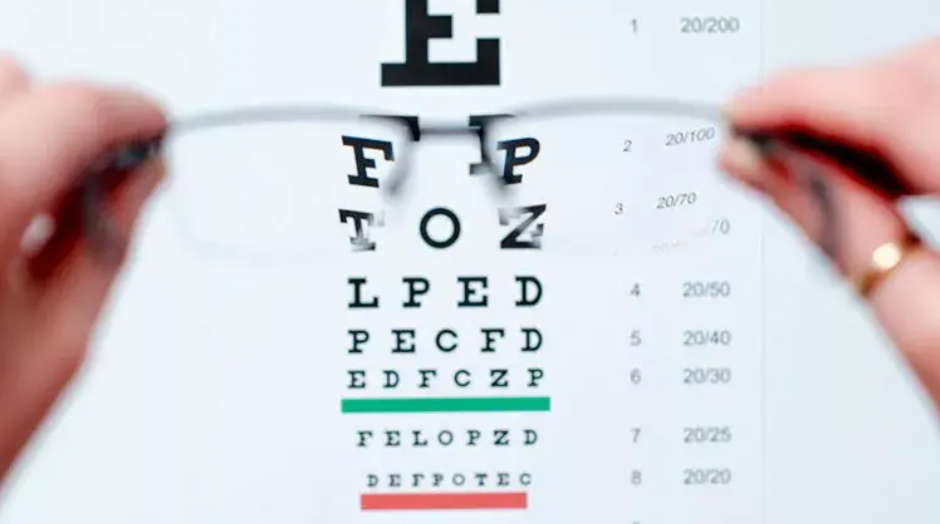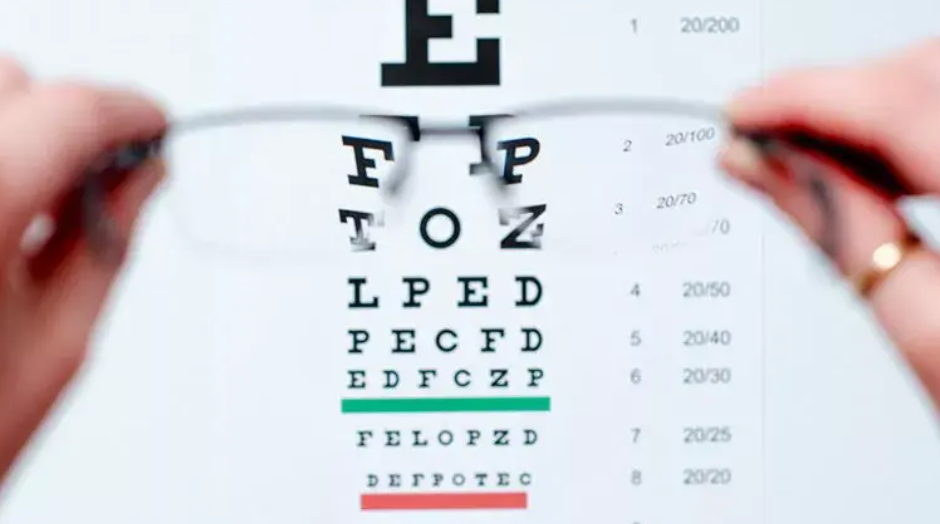Finding the right eye doctor is crucial for maintaining good eye health and ensuring you receive the best care possible. Whether you’re looking for a routine check-up or have specific eye concerns, knowing how to choose the right eye doctor can make all the difference. If you’re searching for a “walk in eye exam near me,” this guide will help you navigate the process and make an informed decision.
1. Understand the Types of Eye Doctors
There are two main types of eye doctors: optometrists and ophthalmologists. Understanding the difference between them is the first step in choosing the right one for your needs.
- Optometrists: These are healthcare professionals who provide primary vision care. They perform eye exams, prescribe corrective lenses, and diagnose and treat various eye conditions. However, they do not perform surgery.
- Ophthalmologists: These are medical doctors who specialize in eye and vision care. They can perform eye exams, prescribe corrective lenses, diagnose and treat eye diseases, and perform eye surgery.
2. Check Qualifications and Experience
When choosing an eye doctor, it’s essential to check their qualifications and experience. Look for the following:
- Education: Ensure the eye doctor has the necessary educational background and training. Optometrists should have a Doctor of Optometry (OD) degree, while ophthalmologists should have a medical degree (MD) or a Doctor of Osteopathy (DO) degree.
- Certifications: Verify that the eye doctor is board-certified. This certification indicates that they have met specific standards of practice and continue to stay updated with the latest advancements in eye care.
- Experience: Consider the doctor’s experience, especially if you have specific eye conditions or need specialized care. An experienced doctor is more likely to provide accurate diagnoses and effective treatments.
3. Read Reviews and Ask for Recommendations
One of the best ways to find a reliable eye doctor is by reading reviews and asking for recommendations. Here are some tips:
- Online Reviews: Check online platforms like Google, Yelp, and health-related websites for patient reviews. Pay attention to both positive and negative feedback to get a balanced view.
- Recommendations: Ask friends, family, and colleagues for recommendations. Personal experiences can provide valuable insights into the quality of care and the doctor’s bedside manner.
4. Consider the Location and Office Hours
Convenience is an important factor when choosing an eye doctor. Consider the following:
- Location: Choose an eye doctor whose office is conveniently located near your home or workplace. This makes it easier to schedule and attend appointments.
- Office Hours: Check the office hours to ensure they align with your schedule. Some eye doctors offer evening or weekend appointments, which can be beneficial if you have a busy work schedule.
5. Evaluate the Range of Services Offered
Different eye doctors offer various services. Ensure the eye doctor you choose provides the services you need. Common services include:
- Routine Eye Exams: Regular check-ups to monitor eye health and update prescriptions.
- Specialized Care: Treatment for specific conditions like glaucoma, cataracts, or diabetic retinopathy.
- Surgical Procedures: If you need eye surgery, ensure the ophthalmologist has experience with the specific procedure.
6. Assess the Technology and Equipment
Modern eye care relies heavily on advanced technology and equipment. When choosing an eye doctor, consider the following:
- Diagnostic Tools: Ensure the eye doctor uses up-to-date diagnostic tools and equipment. Advanced technology can lead to more accurate diagnoses and better treatment outcomes.
- Treatment Options: Check if the eye doctor offers the latest treatment options and techniques. This is particularly important for specialized care and surgical procedures.
7. Check Insurance Coverage and Costs
Eye care can be expensive, so it’s essential to consider insurance coverage and costs. Here are some tips:
- Insurance: Verify that the eye doctor accepts your insurance plan. This can significantly reduce out-of-pocket expenses.
- Costs: Inquire about the costs of various services, including routine exams, specialized care, and surgical procedures. Some eye doctors offer payment plans or discounts for uninsured patients.
8. Visit the Office
Before making a final decision, visit the eye doctor’s office. This allows you to assess the environment and interact with the staff. Consider the following:
- Cleanliness: Ensure the office is clean and well-maintained.
- Staff: Observe how the staff interacts with patients. Friendly and helpful staff can enhance your overall experience.
- Comfort: Check if the waiting area is comfortable and if the office has amenities like Wi-Fi or reading materials.
9. Ask Questions
Don’t hesitate to ask questions during your visit. Here are some questions to consider:
- Experience: How long have you been practicing?
- Specializations: Do you specialize in any specific eye conditions or treatments?
- Emergency Care: Do you offer emergency eye care services?
- Follow-Up: What is your follow-up procedure for ongoing treatment or post-surgery care?
10. Trust Your Instincts
Finally, trust your instincts. If you feel comfortable and confident with the eye doctor, it’s likely a good fit. Your comfort and trust in the doctor are crucial for a positive and effective eye care experience.
Choosing the right eye doctor is a critical decision that can impact your eye health and overall well-being. You can make an informed choice by understanding the types of eye doctors, checking qualifications, reading reviews, and considering factors like location, services, and costs.

